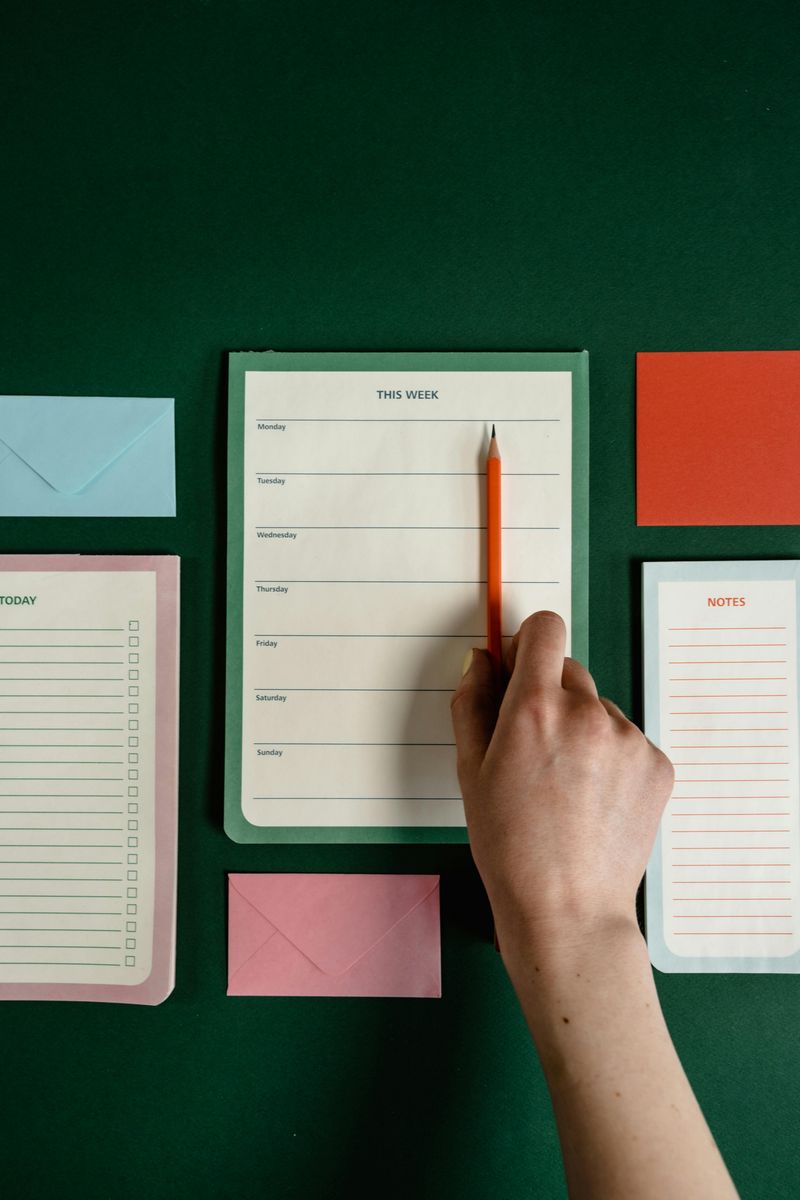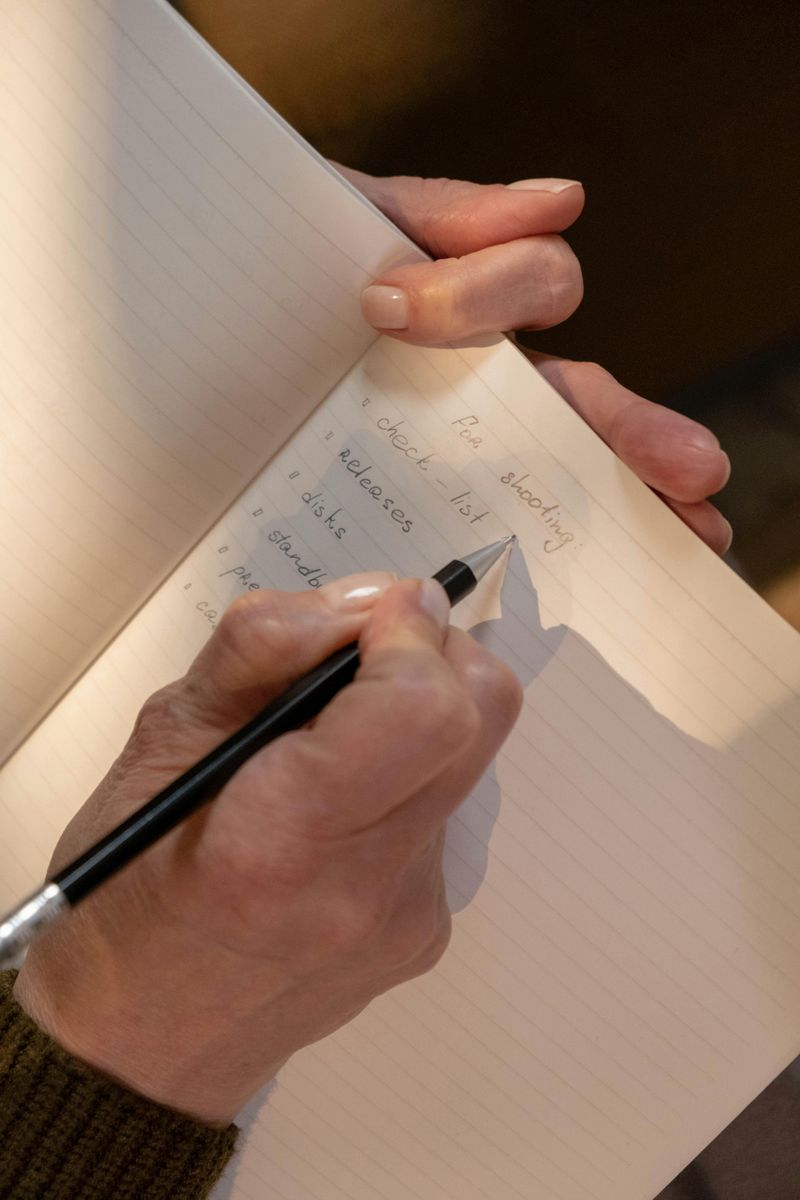Confidence doesn’t show up overnight like magic. It grows slowly through small actions you repeat every single day. These tiny habits might seem simple, but they add up to create real change in how you see yourself and face the world.
1. Make Your Bed First Thing
Starting your morning by making your bed creates an instant win before your day really begins. This simple act takes less than two minutes but sets a tone of accomplishment that carries forward.
When you complete this small task, your brain registers success and wants more of that feeling. The neat appearance also gives you a calm space to return to later.
Over weeks and months, this habit trains your mind to finish what you start. That completion mindset builds quiet strength that shows up in bigger challenges throughout your day.
2. Drink a Glass of Water Upon Waking
Your body loses water while you sleep, so drinking a full glass when you wake up rehydrates your cells and kickstarts your system. Hydration affects your energy levels and how clearly you think.
Taking care of your physical needs first thing sends a powerful message to yourself. You’re choosing to nurture your body before checking your phone or rushing into demands.
This intentional act of self-care becomes a daily reminder that you matter. When you consistently meet your own basic needs, you build trust in yourself and strengthen your inner foundation.
3. Do 1 Minute of Deep Breathing or Mindfulness
Just sixty seconds of focused breathing can shift your entire nervous system from stress to calm. When you breathe deeply, you activate your body’s relaxation response and quiet the anxious chatter in your mind.
Mindfulness doesn’t require fancy equipment or special training. Simply notice your breath moving in and out, or pay attention to sounds around you without judgment.
This micro-practice teaches you that you can influence how you feel. Knowing you have this tool available anytime builds a sense of control and inner stability that confidence requires.
4. Smile at Yourself or at Someone You Pass
Smiling triggers chemical changes in your brain that actually improve your mood, even when you start with a fake smile. Your brain can’t always tell the difference between real and practiced joy.
When you smile at your reflection, you practice kindness toward yourself. When you smile at strangers, you create small moments of human connection that remind you of your social value.
Both actions break the pattern of walking through life with a neutral or worried expression. This tiny shift in facial muscles can gradually reshape how you carry yourself and interact with the world.
5. Speak One Positive Affirmation to Yourself
Words shape the way you see yourself, especially the ones you say in your own mind. Speaking a positive statement out loud makes it more powerful than just thinking it silently.
Your affirmation doesn’t need to be complicated. Simple phrases like “I am capable” or “I’m doing my best” work perfectly fine.
At first, these words might feel awkward or untrue. But repetition creates new mental pathways, and over time your brain starts accepting these positive messages. This rewiring process gradually replaces old negative scripts with supportive ones.
6. Write Down One Small Win of the Day
Most people focus on what went wrong and completely overlook what went right. Writing down even one small victory trains your brain to notice positive moments instead of only problems.
Your win can be anything: finishing a task, helping someone, or simply getting out of bed on a hard day. No achievement is too small to count.
This practice creates a record of your progress that you can look back on during tough times. Seeing proof of your capabilities in your own handwriting builds evidence-based confidence that feels real and earned.
7. Send a Kindness Message (To Yourself or Someone Else)
Reaching out with kindness creates positive energy that flows both ways. When you send an encouraging text to a friend or write yourself a supportive note, you practice generosity.
These messages don’t need to be long or fancy. A simple “thinking of you” or “I handled that well” makes a difference.
Giving kindness to others reminds you that you have value to offer. Giving it to yourself teaches self-compassion. Both strengthen your sense of worthiness, which sits at the heart of genuine confidence.
8. Stand Up Straight and Correct Your Posture
How you hold your body directly affects how you feel inside. Slouching signals defeat to your brain, while standing tall sends messages of strength and capability.
Throughout your day, pause and adjust your shoulders, lift your chest, and align your spine. This physical shift takes only seconds but changes your entire presence.
Research shows that powerful postures actually increase confidence-related hormones in your body. When you consistently carry yourself with good posture, you literally embody confidence until it becomes your natural state.
9. Do a Tiny Bit of Movement (Stretch, Walk 1 Minute)
Movement releases feel-good chemicals in your brain and reminds you that your body is strong and capable. You don’t need a full workout to get these benefits.
One minute of stretching loosens tight muscles and breaks up mental fog. A quick walk around the room gets your blood flowing and shifts your energy.
When you move your body regularly, even in small ways, you prove to yourself that you can take action. This reinforces your sense of agency and control, which are essential ingredients for building lasting confidence.
10. Set a Micro-Goal (Just One Small Task)
Big goals can feel overwhelming and lead to paralysis. Breaking things down into one tiny, achievable task removes that pressure and makes progress possible.
Your micro-goal might be responding to one email, reading two pages, or organizing a single drawer. The size doesn’t matter as much as the completion.
Each time you set and accomplish a micro-goal, you build momentum and prove your reliability to yourself. This pattern of setting intentions and following through is exactly how self-trust develops over time.
11. Reflect Briefly at End of Day (What Went Well)
Before sleep, spend just a minute or two reviewing what went well during your day. This isn’t about perfection but about noticing moments of success or joy.
Your brain naturally remembers negative experiences more strongly than positive ones. Intentional reflection balances this bias by highlighting the good.
This evening practice bookends your day with positivity and helps you sleep with a sense of accomplishment. Over time, training your mind to focus on what worked builds an optimistic outlook that fuels confidence.
12. Plan One Next Small Step for Tomorrow
Ending your day by identifying just one small action for tomorrow gives your mind direction and reduces morning anxiety. You wake up knowing exactly what to do first.
This isn’t about creating a huge to-do list. Pick one manageable step that moves you forward in any area of your life.
Planning ahead demonstrates that you believe in your future and trust yourself to follow through. This forward-looking mindset, practiced daily, gradually builds the steady confidence that comes from consistent self-leadership and intentional living.












